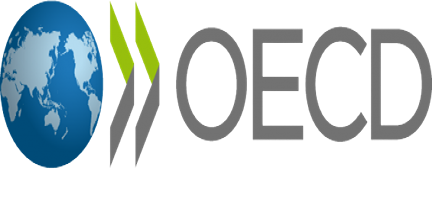The OECD Secretary-General’s Tax Report to the G20 Finance Ministers and Central Bank Governors released in October 2022 outlined recent developments in international taxation.
Two-pillar approach
Ahead of its Plenary meeting on 6-7 October 2022, the Inclusive Framework approved the release of the Progress Report on the Administration and Tax Certainty Aspects of Amount A of Pillar One. This follows on from the Progress Report on Amount A of Pillar One released in July 2022, which contained the draft model rules for the core elements of Amount A. The second report contains a consolidated version of the rules related to administration and tax certainty processes, and feedback is invited from stakeholders by 11 November 2022. By the end of 2022 another public consultation document will be released on the Withdrawal and Standstill of Digital Services Taxes and Other Relevant Similar Measures. The aim is to draft and adopt the Multilateral Convention by mid-2023.
A consultation document on Amount B of Pillar One will be released by the end of 2022 and the aim is to complete the ongoing work in the first half of 2023.
In relation to Pillar Two, work is continuing on the Subject to Tax Rule (STTR) draft model provision and related Commentary, and on the draft multilateral instrument to help countries to implement the STTR.
The use of tax incentives by developing countries to attract investment has often been inefficient and ineffective, resulting in large revenue losses. The OECD is launching a series of pilot programmes in the fourth quarter of 2022 to assist developing countries in assessing the impact of the two-pillar approach on incentives. This will build on the work of the report on Tax Incentives and the Global Minimum Corporate Tax.
Tax policy and climate change
Tax policy can contribute to climate policy, including the provision of incentives that encourage investment in and use of clean technologies. Carbon taxes, tradeable emissions permit prices and fuel excise taxes are also important instruments. The recent OECD report on Pricing Greenhouse Gas Emissions: Turning Climate Targets into Climate Action tracks the use of those instruments in 71 countries.
The OECD’s Inclusive Forum on Carbon Mitigation Approaches is supporting dialogue to increase the global carbon mitigation effort.
Crypto Asset Reporting
The lack of oversight of crypto transactions in recent years has increased the possibility that crypto-assets can be used for tax evasion, threatening the progress made in tax transparency. A Crypto-Asset Reporting Framework (CARF) has been agreed by the member countries of the OECD and the G20 countries. Work is continuing to ensure consistent application and effective implementation of the CARF.
Global Forum
The Global Forum members will meet for the annual Plenary Meeting on 9-11 November 2022, and the membership of its working groups will be renewed for the new mandate from 2023-2025. The Forum is setting up a framework for a further round of peer reviews on the effective implementation of the Standard on automatic exchange of information (AEOI), including effective compliance by financial institutions with their due diligence and reporting obligations. Work will continue to determine future directions for the Global Forum.
Tax and development
Developing countries are under pressure to improve domestic resource mobilisation. The implementation of the Two-Pillar Solution and other international tax standards will help raise revenues globally, including for developing countries.
The OECD assists developing countries with capacity building through its bilateral programmes, regional initiatives and the Global Relations Programme on Taxation (GRP). The work focuses on building capacity among developing countries to participate in the development of international tax standards. The G20/OECD Roadmap on Developing Countries and International Taxation notes that developing countries are making progress on the BEPS Actions, though challenges remain.
The Inclusive Framework has reformed its governance reforms to increase inclusivity, including the election in March 2022, of Marlene Nembhard-Parker of Jamaica as the inaugural co-chair to help increase the contribution of developing countries.













